Humans have long known about the many benefits of fish oil, making it one of the most popular nutritional supplements in the world, but we aren't the only ones who can gain from it. Salmon oil for cats is a trendy product that promises to boost your pet's health, but does it live up to its word? Let's find out!
Salmon oil provides essential fatty acids like omega 3 and omega 6. Humans and cats both need these nutrients, but many people make the mistake of giving their cats human-grade fish oil. Human fish oil supplements often contain citrus for flavoring, which is not too kind on cat tummies. That's why we have specialty fish oil for cats, as well as hemp seed oil (another great source of omegas). You'll learn it all right here!
WHAT IS SALMON OIL FOR CATS?
Fish oil comes from the tissue of various underwater species. Popular fish oils include krill, cod, and sardines. However, salmon reigns supreme as the most common and popular source for fish oil supplements.
Whether you get farmed salmon or Wild Alaskan salmon oil, it comes packed with essential omega 3 and omega 6 fatty acids. Doctors call them "essential" because mammals need them but can't produce them on their own. That's right, even though you and your cat both need omega fatty acids, your bodies can't make them. What kind of bogus deal is that? Fortunately, dietary supplements can fill in the gaps where our own bodies come up short.
There are two types of omega 3 fatty acid in salmon oil:
- Eicosapentaenoic Acid (EPA)
- Docosahexaenoic Acid (DHA)
You can buy EPA and DHA supplements separately, but we don't recommend them. You and your cat need both forms of omega 3 to live your best lives. EPA and DHA offer different but complementary benefits. We'll take a deeper dive into this matter in the next section.

BENEFITS OF SALMON OIL FOR CATS
So, what do these omega-3 and omega-6 fatty acids actually do for cats? The short answer is — a lot. EPA and DHA benefit multiple organ systems. Let's go through them one at a time.
Joints
Joint issues are extremely common in aging pets (and aging people, too!), so don't be surprised if your feline friend encounters them when they reach senior status. Fortunately, the omega fatty acids in a salmon oil supplement may provide relief.
When an animal ingests something, their body breaks it down into smaller compounds called metabolites. There are many metabolites of EPA and DHA, including specialized pro-resolving mediators (SPM). Clinical research suggests that SPM have anti-inflammatory properties. An omega-rich supplement like salmon oil can improve your cat's SPM levels, helping to regulate a proper immune response.
Heart
Many vets recommend giving fish oil to your cat to support their cardiovascular system. Now, you might think anything with the word "fat" in it is destined to cause heart disease. However, there are multiple forms of fat.
Omegas offer benefits while other forms like trans fat and saturated fat increase the risk of blood clots, high blood pressure, and other cardiovascular ailments. Triglycerides are a particularly nasty form of fat that can harden arteries and increase the risk of cardiac arrest. Amazingly, both EPA and DHA reduce triglyceride levels in the bloodstream, supporting cardiovascular health.
Kidneys
Inflammation, high blood pressure, and high levels of unhealthy fats are risk factors for kidney disease. As we just went over, the DHA and EPA in salmon oil reduce inflammation and triglyceride levels, improving conditions for the kidneys.
Brain
Omega fatty acids, particularly DHA, play a critical role in cognitive function. A study in human beings revealed that low levels of DHA in the blood contributed to accelerated brain aging and smaller brain size. Cognitive decline is a natural part of the aging process, but this exciting research suggests you can minimize its impact on your cat.
Even more amazing, further research indicates that when pregnant women take fish oil supplements, their children grow up to perform better on early childhood intelligence tests. This suggests a connection between high omega levels and early brain development, meaning kittens can benefit from omegas just as much as (if not more than) adult cats!
Eyes
DHA plays an important role in developing the eyes and optic nerves. Kittens should get plenty of omega fatty acids in their diet to support visual development as they grow, but it doesn't stop there. If your cat's DHA levels drop later in life, it could contribute to deteriorating vision.
Salmon Oil For Dry Skin
Omega 3 and omega 6 fatty acids can both support your pet's skin health. Low levels of omega fatty acids contribute to issues with your cat's skin or coat that can range from mild irritation to extreme discomfort.
Supplementing your pet's diet with the nutritious fatty acids in salmon oil can support good coat health and reduce symptoms like flaky skin, rashes, and even some skin allergies caused by foods or medications.
Salmon Oil For Nourishment & Wellbeing
DHA and EPA serve a vital role in the immune system because of their inflammation-regulating properties. A strong immune system is the foundation of your pet's wellbeing and a vital part of homeostasis — the internal balance of all bodily systems.
Gastrointestinal Tract
Inflammation often raises its ugly head in the digestive system. Inflammatory bowel disease (IBD) is no fun for anyone involved, but omegas may offer relief. If your cat suffers from this condition, try changing their diet (sometimes hypoallergenic or grain-free diets will help a cat with IBD) and mixing some omega-rich fish oil into their food.
Abnormal Cell Growth
One 2018 study explored the effects of DHA and EPA on malignant cell growth in mice. Although more research is necessary, these early results indicate that essential fatty acids may reduce dangerous growths. The research is still young, but this could be the next exciting frontier in fatty acid therapies.
Obesity
If your cat could stand to lose a few pounds, it is best to put them on a strict diet and ensure they get enough exercise. However, if weight gain gets so out of control that your cat becomes clinically obese, you'll need to consider factors beyond diet and exercise. Obesity increases the risk of heart disease, problems with blood pressure and blood sugar, joint deterioration, and more.
Nutrients like omega-3 fatty acids reduce plasma insulin and potentially harmful metabolites. These acids also regulate glucose control and assist joint mobility, which may help your cat regulate their weight and maintain good health.

Salmon Oil For Hairballs
Every cat is bound to cough up a hairball once in a while, considering how much time they spend licking their fur coats. Cats typically swallow a little bit of fur when they clean themselves, and usually, their stomachs process it without any issue. However, certain factors increase their risk for hairballs.
Poor coat quality can lead to dry and brittle fur that falls out easily. If this is the case for your cat, they're going to end up swallowing too much hair when they clean. Additionally, problems with your cat's skin can lead to excessive grooming - they often lick themselves too much in an attempt to alleviate skin irritation.
The essential fatty acids in salmon oil work to improve skin and fur quality, making it less likely for your cat to swallow gobs of hair while they groom. The fatty acids also increase the number of beneficial metabolites in your cat's gastrointestinal tract, which helps them digest the hair that does wind up getting swallowed.
Salmon Oil For Cat Constipation
Some people suggest adding a teaspoon of salmon oil to your cat's food twice a day to ease constipation. However, we don't have clinical research at this point to support this idea. Cod liver oil may work better for this purpose, but it has low omegas compared to salmon oil. It could get a little risky since large amounts of fish oil can cause diarrhea — technically, that would solve constipation, but not in the way anyone wants.
The best way to avoid constipation in your cat is to feed them a proper diet. Choose all-natural wet food with a moisture level of 75% or move. Avoid dry foods that are low in moisture and high in sodium. Ground chicken or turkey is another great choice for your cat.
How To Give Salmon Oil To Cats
You can administer fish oil directly, either with a measured dropper or in pre-dosed capsules. Felines have a famous affinity for fish, so it shouldn't be too hard to convince them to take it. However, anyone who has ever tried to give a pet medicine knows that they often put up a fight to even the smallest dropper full of liquid.
The easiest way to give your cat salmon oil is to mix it into their daily meals. This works best if you feed your cat wet food made from real salmon or tuna, which will naturally hide the presence of the oil. When you give your cat fish oil for the first time, try putting a little on your fingertip and allowing them to inspect it to get comfortable with this new food.
We generally recommend giving your cat 1/4-1/2 teaspoon of fish each day. For more information, see "How Often Should Cats Have Salmon Oil" in the FAQ section. There are some side effects associated with taking too much salmon oil, including upset stomach and immune issues.
SALMON OIL AND CBD
CBD is a natural compound found in hemp plants that has numerous complimentary benefits to fish oil! Try pairing the nourishing, anti-inflammatory effects of salmon oil with the soothing effects of CBD for cats to provide the best all-around care for your little furball.
WHAT IS CBD FOR CATS?
CBD interacts with the receptors in your cat's endocannabinoid system (ECS). Except for insects, every animal species has an ECS — including cats, dogs, horses, and humans. Therefore, CBD offers the same benefits to your pet that it offers to you!
The ECS regulates essential physical and mental processes, including immune response, sleep, mood, appetite, metabolism, and memory. CBD gives this system a boost, improving its overall function. We'll go into greater depth on the benefits of CBD momentarily.
What types of pet products come with CBD? Once again, the answer is — a lot. These days, you can find CBD in cat treats, oil tinctures, capsules, and even catnip spray!
BENEFITS OF CBD OIL FOR CATS
By interacting with the receptors in the ECS, CBD has numerous therapeutic properties. Whether you give your cat CBD on its own or paired with salmon oil, you won't want them to miss these beneficial effects:
- Relieving Aches and Joint Discomfort: The ECS plays an important role in the immune system. CBD can help to alleviate discomfort, especially aches associated with joint deterioration.
- Boosting Appetite and Digestion: CBD interacts with cannabinoid receptors in the digestive system. It can help soothe your cat's upset stomach or boost their appetite if their food intake is too low.
- Soothing Nervousness and Hyperactivity: Many cats get a bit skittish at times, which is understandable. When you're a 9-inch-tall animal living in a giant human's world, it's easy to get overwhelmed by things like vacuums, car rides, fireworks, vet visits, and day-to-day chaos. CBD helps to alleviate distress and promote a peaceful mindset.
- Improving Sleep: Help your cat rest well with the aid of CBD. Consistent good sleep is vital to overall wellness and helps to regulate your cat's energy levels, alleviating late-night "zoomies."
HOW TO GIVE SALMON OIL AND CBD TO CATS
The easiest way to give your cat the support of both these compounds is to buy CBD treats with salmon. HolistaPet's organic CBD cat treats contain real salmon meat (which is better than salmon oil alone, as we explain in the FAQs below) for an omega-rich boost.
Look for cat treats with wholesome, natural ingredients. They should contain real, whole meat, not fish meal. Look for treats that are gluten-free, non-GMO, and contain no artificial flavors, colors, or preservatives. HolistaPet CBD treats check off all these boxes.
For pets with a strict dietary schedule or nutritional requirements, it may make more sense to give them CBD treats and salmon oil at separate times of the day. If you don't want to add extra calories to your cat's diet, you can add CBD oil directly to their daily meals rather than giving them treats.

CAN I ADD SALMON OIL TO CBD CAT TREATS?
Yes, you can! CBD and salmon oil make a great pair, complimenting one another's benefits. You can try putting a couple of CBD treats in a bowl or on a plate (to keep things tidy) and placing a few drops of salmon oil on them.
CAN I ADD CBD OIL TO MY CATS FOOD?
Adding CBD oil to your cat's food is a great idea! Did you know CBD oil contains omega fatty acids as well? The best CBD tinctures contain hemp seed oil, and hemp seeds are a rich source of both omega 3 and omega 6.
How much CBD should you add to your cat's food? It depends on their weight. We generally recommend a regular dose of 0.25 mg CBD per pound, up to a strong dose of 0.5 mg per pound. Start small and gradually increase the dose if your cat needs more.
Salmon Oil for Cats - FAQ
We know that responsible pet owners have many questions and concerns regarding their furry friend's wellbeing. Lucky for you, we've got the answers right here. Here are some of the most common questions people have about salmon oil for cats.
How Often Should Cats Have Salmon Oil?
It would be best to give your cat a dose of salmon oil every day. The correct dose depends on their body weight needs. If your cat is dealing with immediate discomfort or mobility issues, try starting them with 1/2 teaspoon of salmon oil each day. When you see signs of improvement, you can lower the dose to 1/4 teaspoon per day.
If you want to give your cat salmon oil for overall support rather than one specific issue, you can start them on the 1/4 teaspoon dose and keep it going indefinitely. If they develop new issues, such as a skin allergy, you can temporarily increase the dose for greater support. For cats larger than 15 pounds, we recommend starting on a dose of one teaspoon and reducing to a maintenance dose of 1/2 teaspoon every day.
Can Salmon Oil Make Cats Sick?
Large doses of salmon oil may cause side effects. Here are the potential complications of taking too much fish oil:
- Upset stomach
- Diarrhea
- Vomiting
- Drowsiness
- Delayed wound healing
- Itchy skin
- Oily coat
- Skin flakes
These side effects are generally mild. You can avoid them by sticking to a consistent dose of salmon oil. It never hurts to ask a vet for advice on how much salmon oil to give your cat, and their guidance may help your cat avoid adverse effects.
Does Salmon Oil Need To Be Refrigerated?
It is not essential to refrigerate salmon oil, but we highly recommend it. When you keep salmon oil in the fridge, it will last for up to 18 months. You can also store it at room temperature, away from direct sunlight, but it will only last 4-6 months without refrigeration.
Here's how to tell if your salmon oil has gone bad. Fresh, premium fish oil should have a very mild smell and taste that are hardly detectable. As fish oil grows rancid, it develops a much stronger fishy odor. If you open the bottle and it smells like you're down by the docks, that means the fish oil has passed its prime.
Can A Cat Be Allergic To Salmon Oil?
Unfortunately, some cats are allergic to salmon and salmon oil. Most symptoms of a fish allergy are mild, including:
- Red and/or irritated skin
- Excessive scratching/grooming
- Diarrhea
- Vomiting
These milder complications should cease when you stop giving your cat salmon oil. However, serious allergies can cause more severe symptoms, including:
- Difficulty breathing
- Swelling of the tongue and/or throat
If your cat exhibits one of these more serious reactions, you should take them to a vet immediately for emergency treatment. We recommend keeping a close eye on your cat after their first few doses of fish oil to see how they react and ensure everything is okay.
Salmon VS Fish Oil For Cats
Salmon contains higher levels of omega 3 fatty acids than other forms of fish, which is why it ranks as the most popular type of fish oil supplement on the market. We'd certainly recommend it over other fish oil varieties, like cod liver oil, which has a very low omega content.
Whole fish is even better than fish oil! The American Heart Association recommends eating salmon meat rather than just taking oil supplements because the whole fish contains a much richer array of nutrients. If you want to give your cat maximum omega 3 and 6 support, try feeding them wet food made of salmon with a dose of CBD oil mixed in.
Find Out More About Nutrition For Cats
FINAL THOUGHTS – SALMON OIL FOR CATS
Salmon oil is a useful supplement for cats, thanks to the health benefits of omega fatty acids. Your cat needs these nutrients to maintain proper immune function, cardiovascular care, good vision, cognitive abilities, and healthy skin. But remember that there are other sources of omega fatty acids besides fish oil.
CBD oil for cats and treats that contain hemp seed oil provide a wealth of omega fatty acids and additional nutrients. HolistaPet CBD products are all-natural and THC-free to provide optimal support for your cat. Better still, you get the added benefits of CBD. Head to our online shop and get a bottle for your feline friend today.



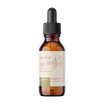
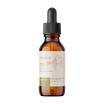
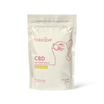


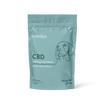
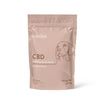




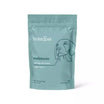





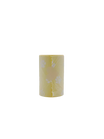


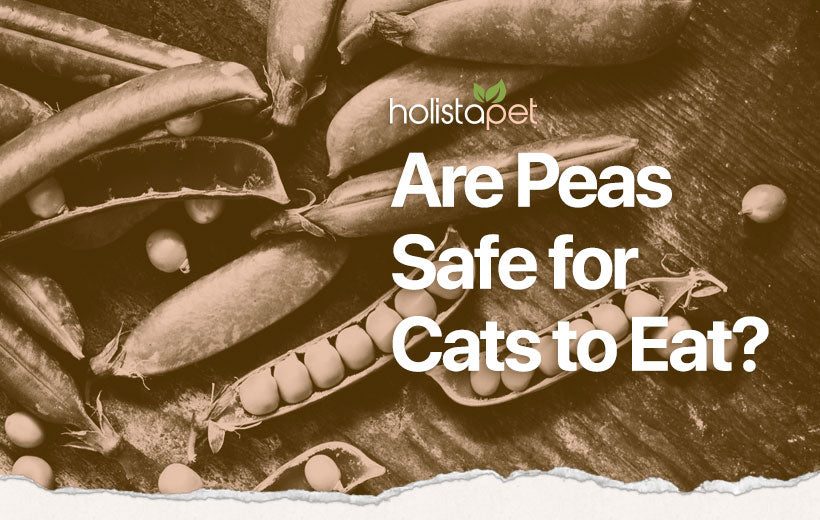

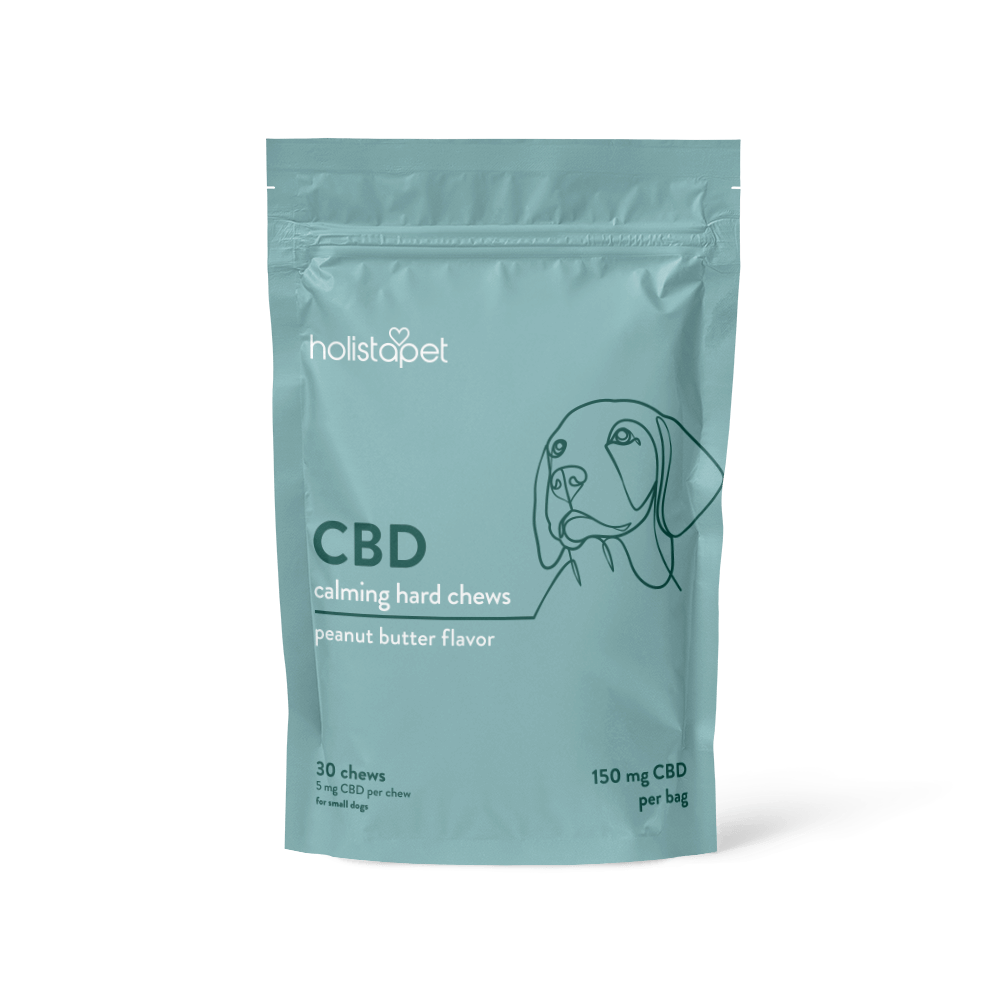
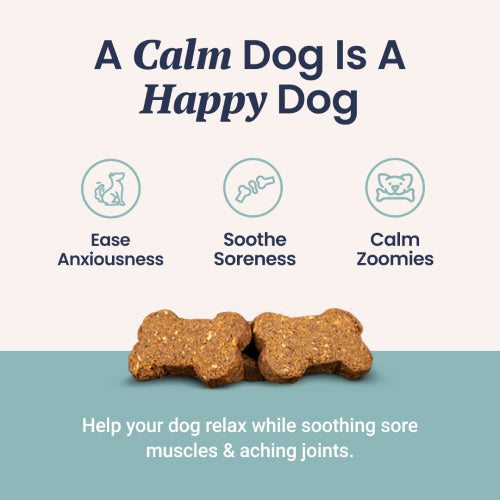
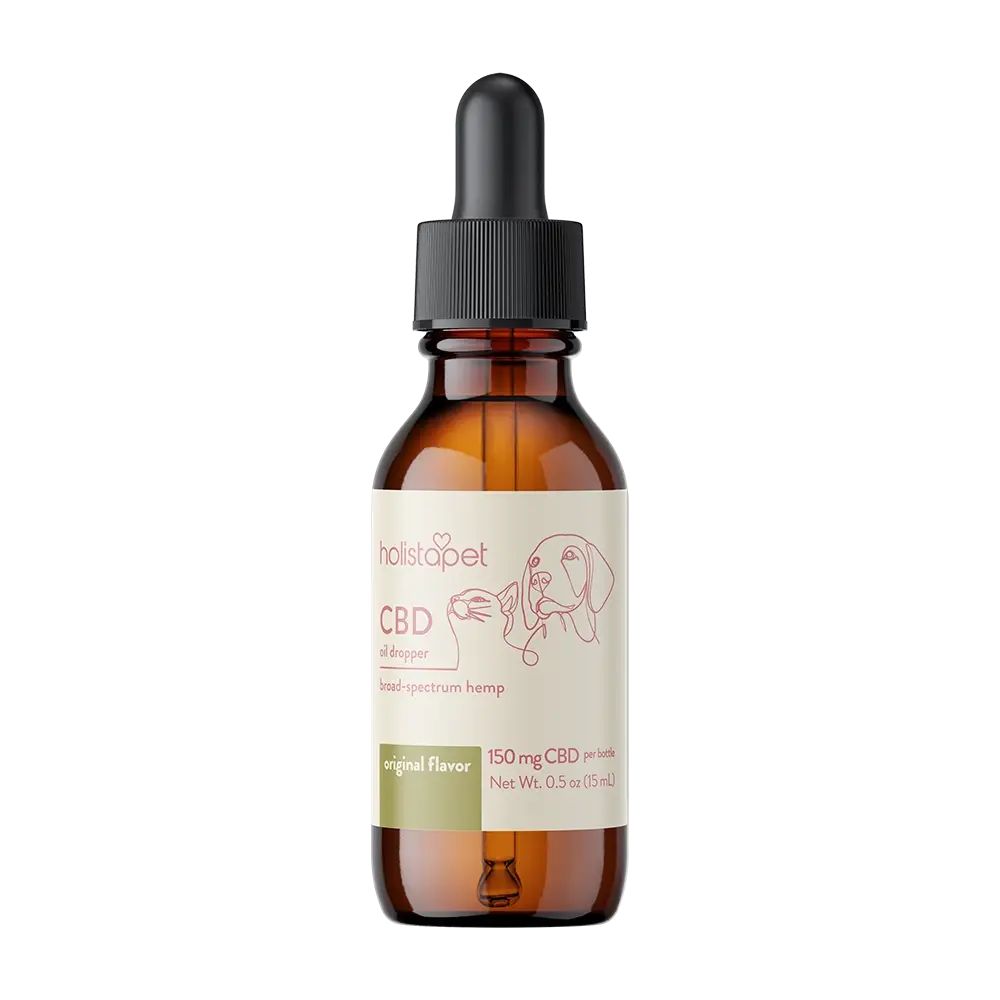

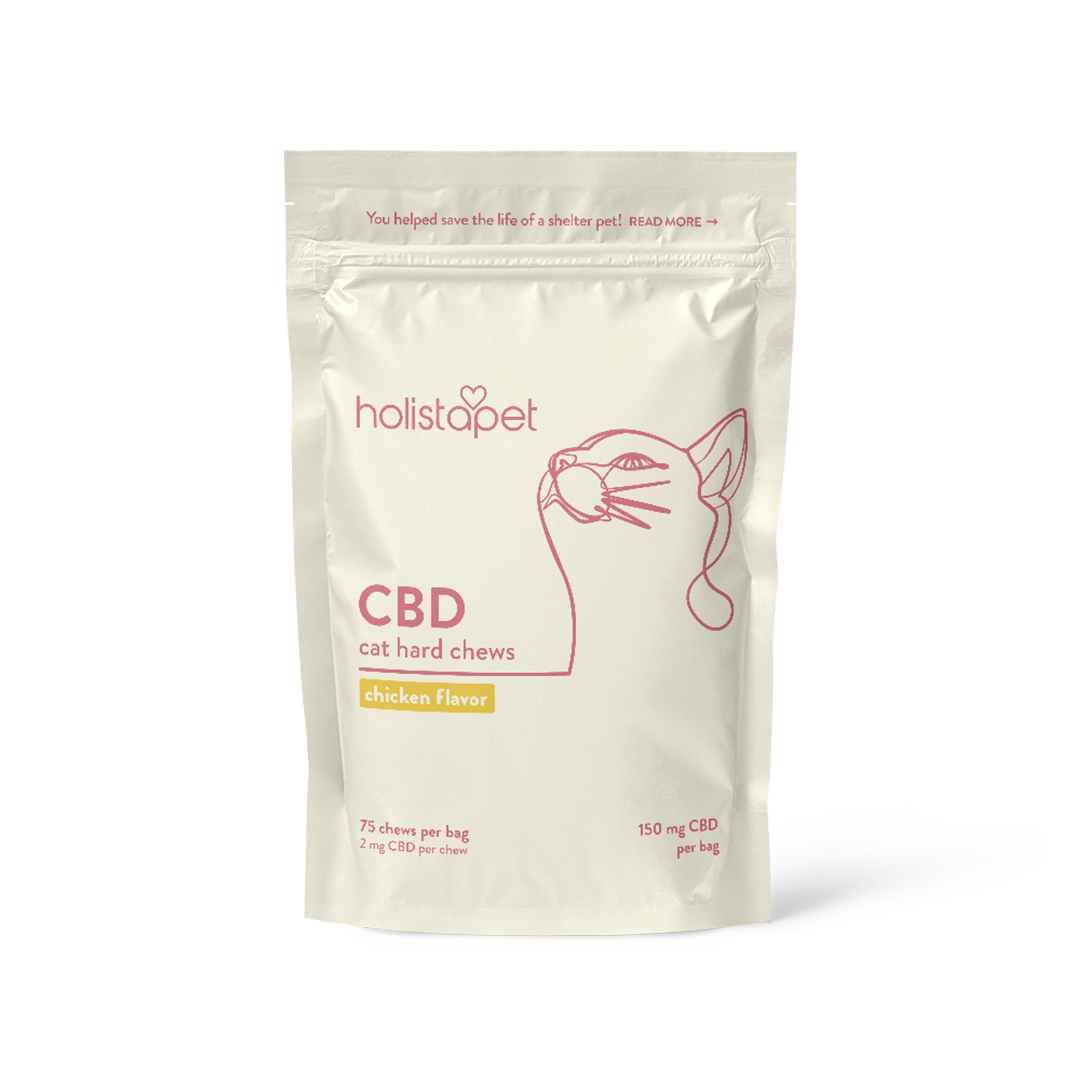
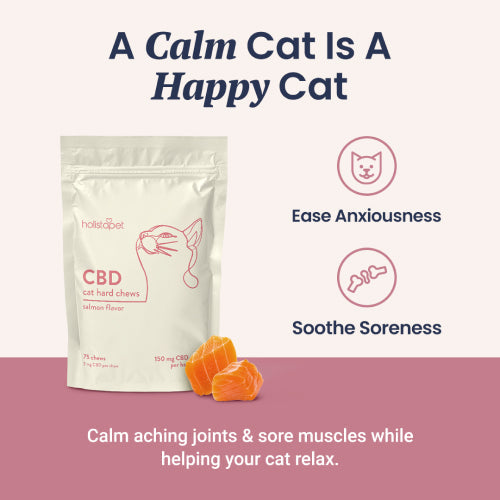
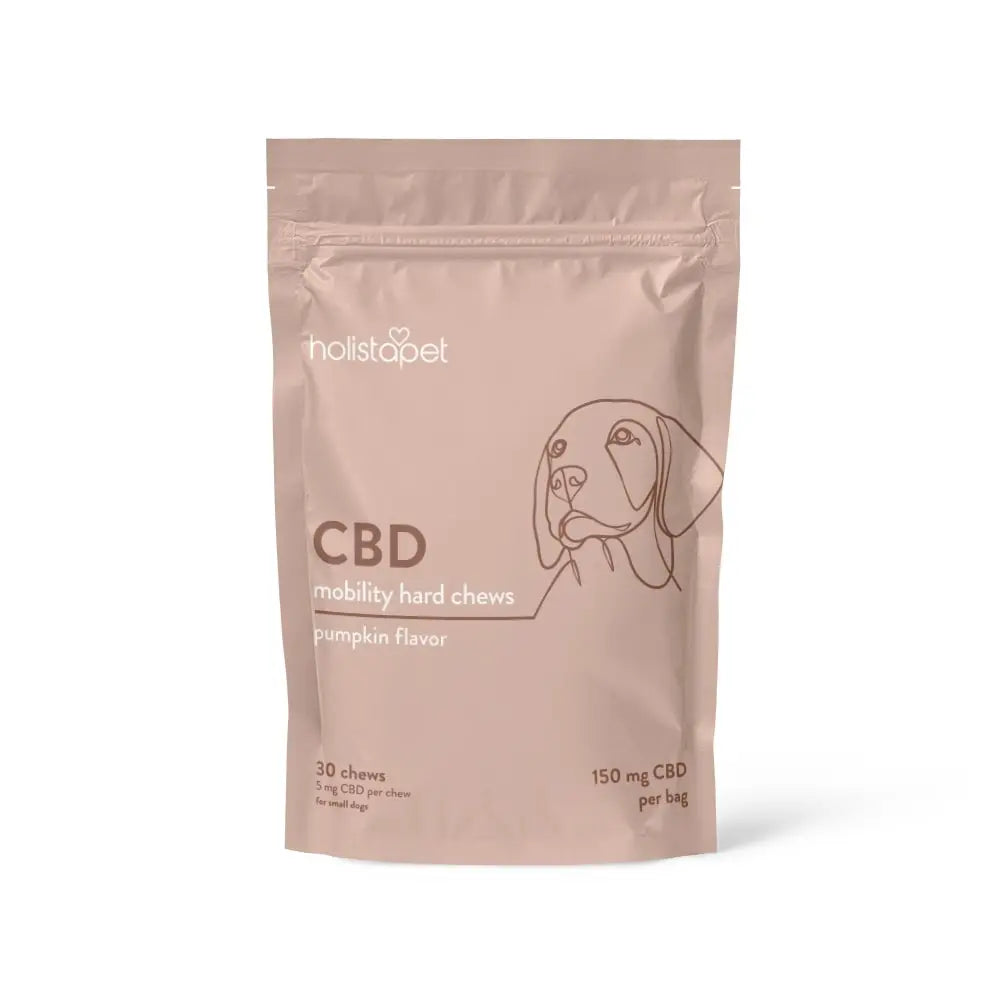

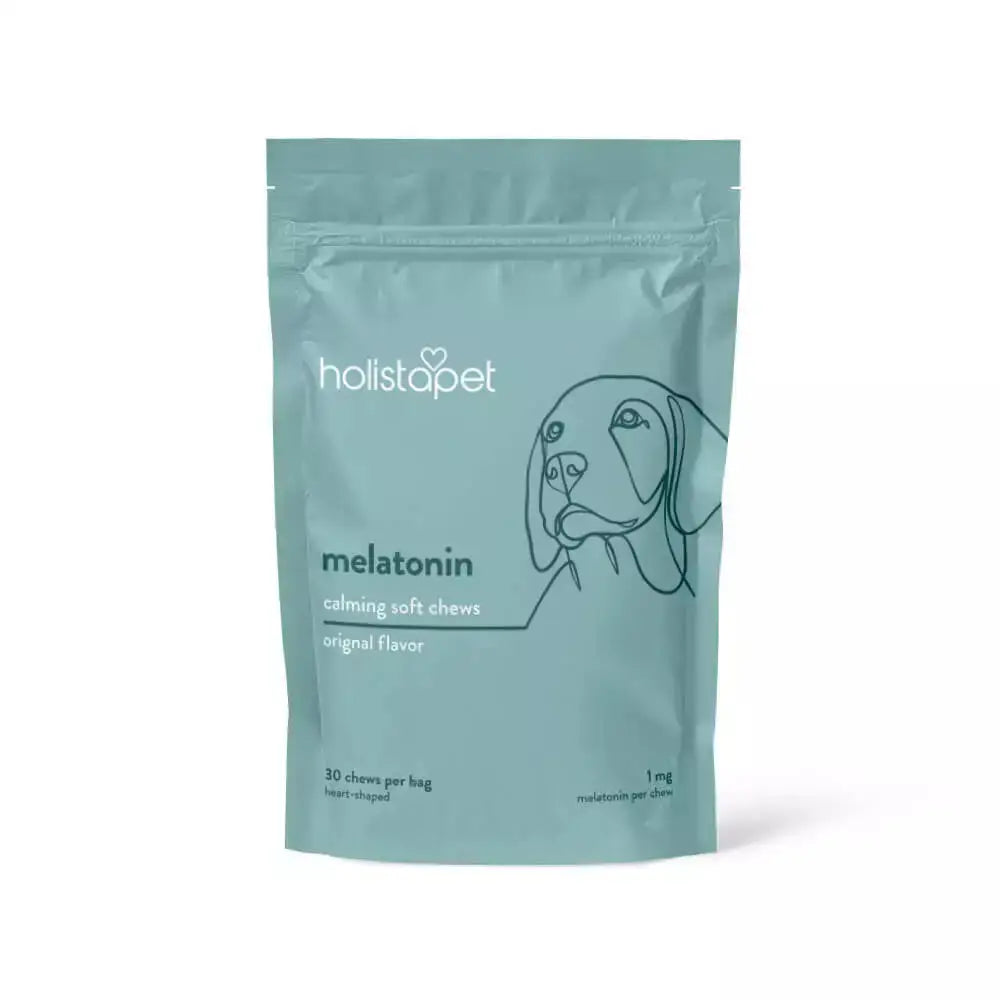

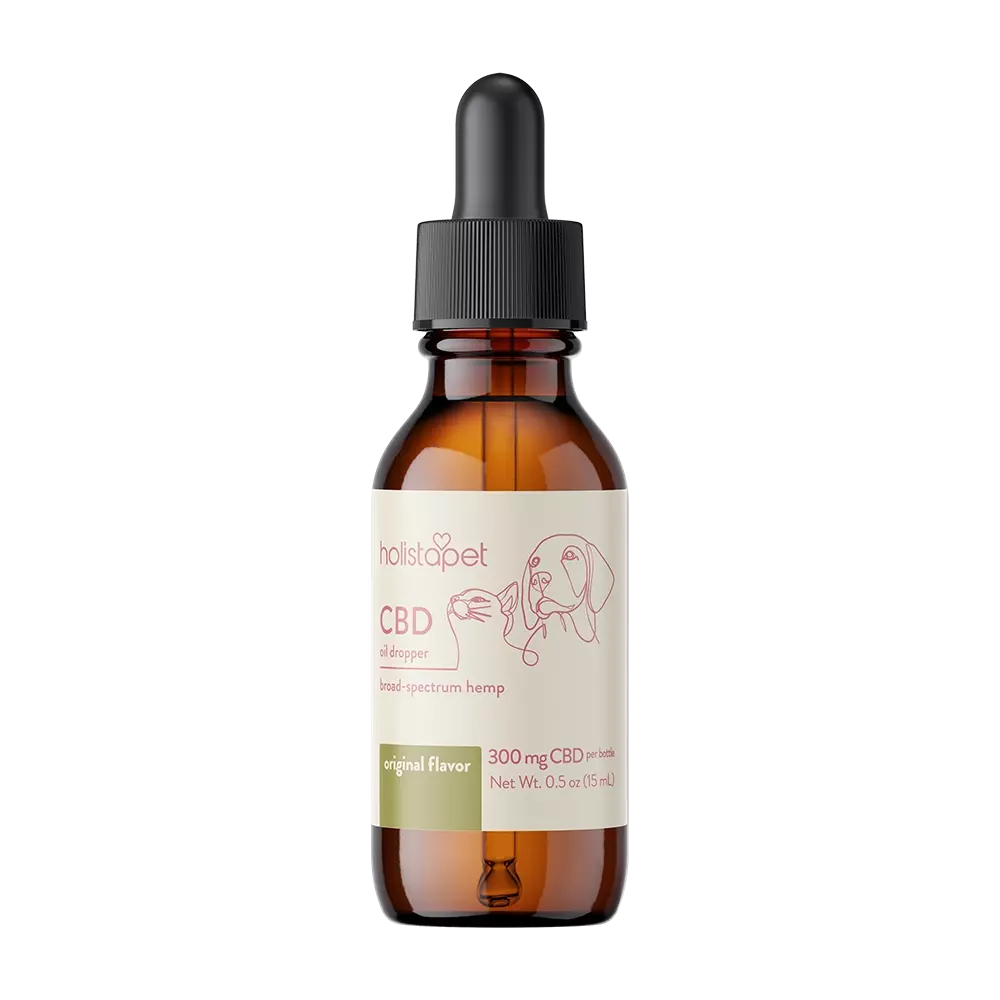
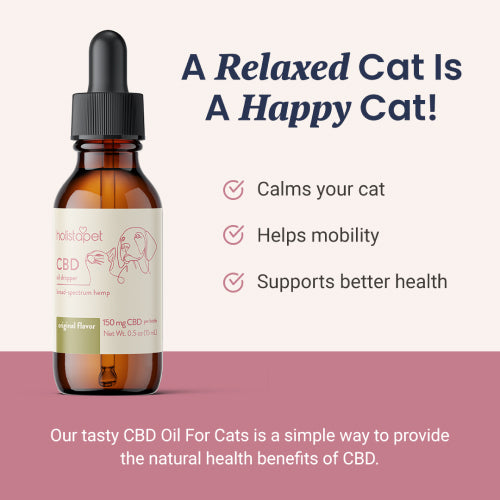
Leave a comment
This site is protected by reCAPTCHA and the Google Privacy Policy and Terms of Service apply.